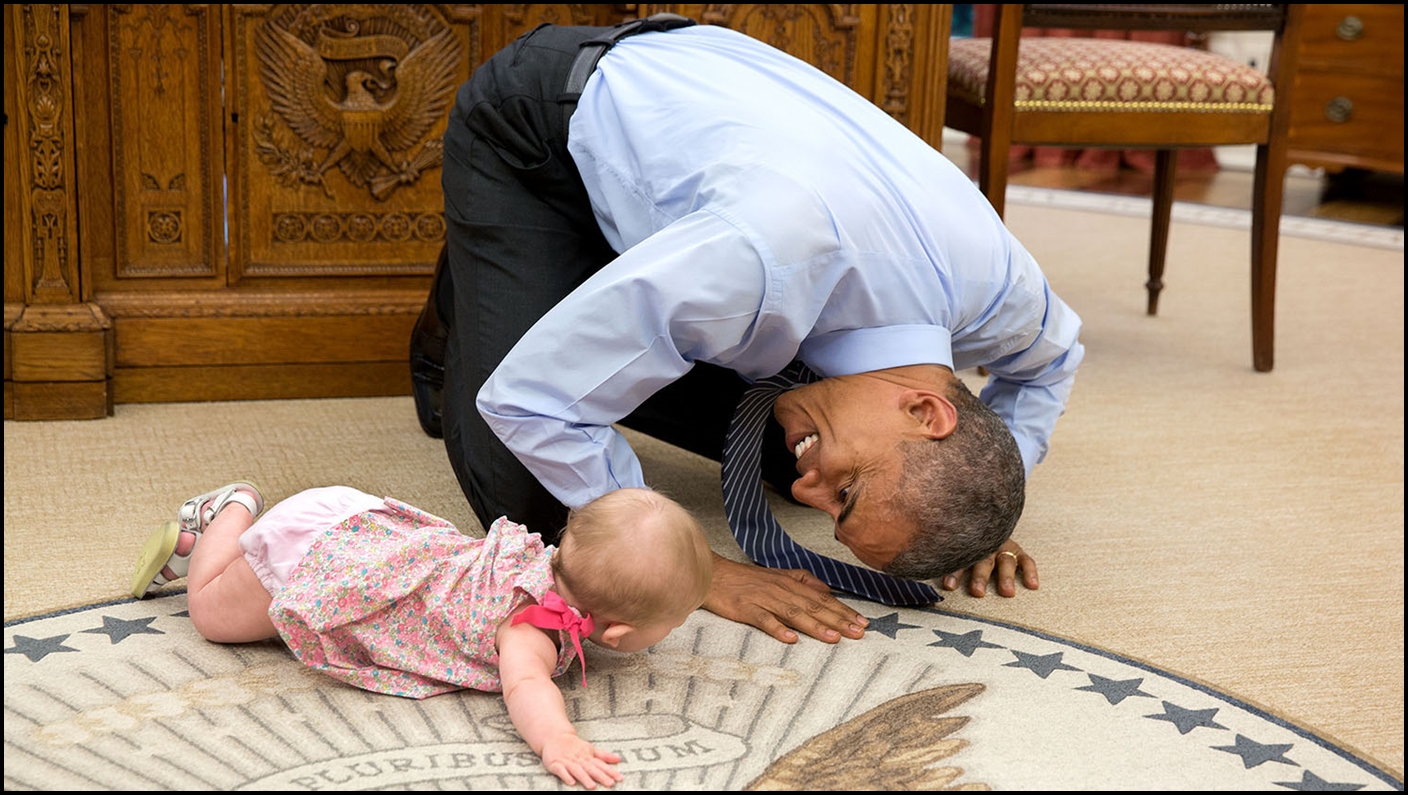I wrote the following observations in The Pollyanna Principles back in 2008. The words feel even more true — and an even more necessary message — in today’s troubling times.
Our Animal Nature
Consider the phrase “Human Nature.” Do we invoke that phrase when we are talking glowingly about our brethren? Hardly. We use the phrase to focus on our greed, our fear, our selfishness — all the things we dislike about being members of this species. The words “That’s just human nature” are generally followed by a sigh of resignation about how badly our species sucks.
In reality, though, virtually every one of the traits we “chalk up to human nature” is not what distinguishes us as humans at all. Those “human nature” traits are those we share with many, if not most or all, of our animal brethren.
Animals other than humans steal, kill, cheat, and deceive. Animals other than humans are greedy, fearful, thinking of their own survival above all else. Animals compete, they are violent.
When animals feel threatened, their immediate choices are to run away, fight back or freeze. As humans, our history suggests one of those approaches evidences valor and courage, while the others evidence cowardice. But in truth, any of those reactions is one my dog might also show. If threatened, she might run away or she might bare her teeth. No valor, no cowardice; just being a dog.
Neuroscientists have found physiological / chemical sources for almost all the reactions we identify as “human nature.” Those reflexive responses are biologically hard-wired into our being from a time long before there were humans on this planet — the reason we refer to that as our “lizard brain.”
None of that is human nature. It is instead our animal nature.
Our Human Nature is Our Potential
If our “negative” traits are not what set us apart as humans, what exactly isour human nature? What do we have that other animals do not?
The uniqueness of our “humanity” comes from a combination of a bundle of traits. While other animals may exhibit one or more of these behaviors, there is no other species that has all this and then some.
- A sense that we are part of something bigger than just our own selves and our own families / tribes
- The ability to comprehend that each of us is one life among a vast whole of billions of people we cannot see, but whom we acknowledge and understand are there
- The capacity to consciously de-program our instincts and re-program new instincts — free will
- An almost tangible sense of connectedness to something we cannot see or touch
- The ability to imagine things that do not currently exist — to invent, to create something from nothing but our imaginations
- The ability to express all these more ethereal capacities through language, through art, through music, through various means that allow us to transmit to other humans that which one cannot touch / taste / smell / see / hear
- The ability to envision the future, to envision what is possible
- The capacity for self-awareness, to strive for self-betterment. The ability to be conscious that we are conscious!
- The combined capacity for empathy, compassion, logic and reason, imagination — and joy at experiencing any or all of those
The human part of our nature provides a choice beyond fight-or-flee — a choice my dog cannot make. My dog is incapable of facing her attacker and, choosing to neither run nor fight back, to instead engage. Sweet as she is, she cannot appeal to her attacker’s higher faculties, to learn why he is attacking, and to try to find a better way.
That is the human part of our nature. That is what defines our humanity, separating us from every other animal on the planet.
Our human nature is all about our potential. And it is through that uniquelyhuman nature that we have the power to create a humane, joyful future for our world.

